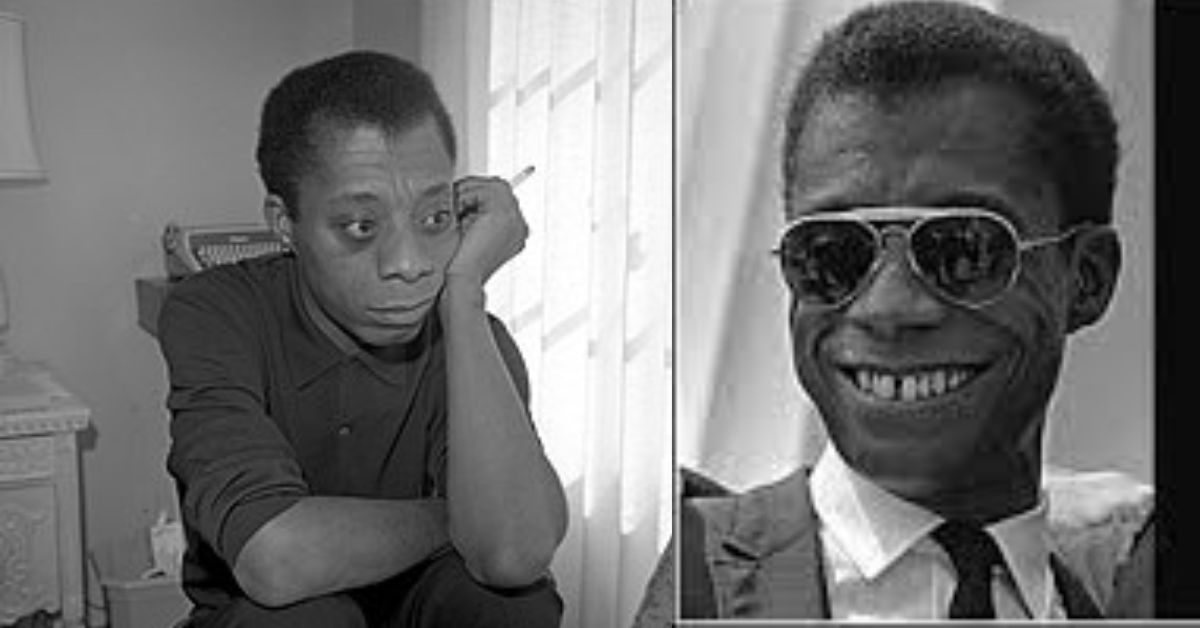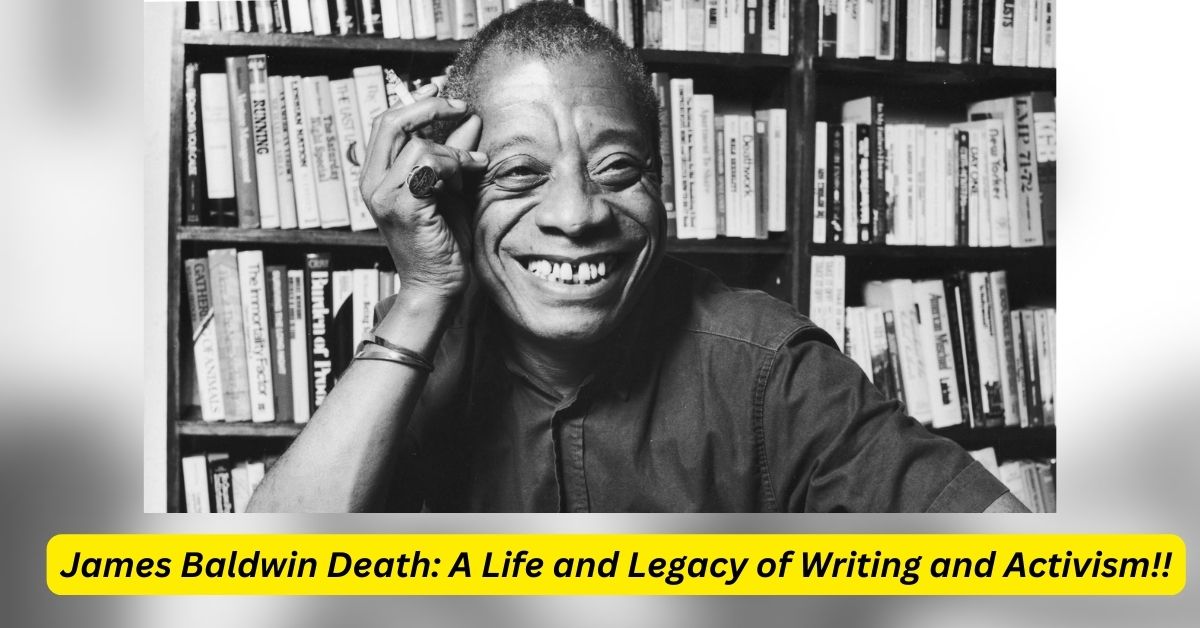James Baldwin was among the twentieth century’s most important writers and civil rights advocates. His writings investigated the intricacies of race, sexuality, class, and identity in America and elsewhere.
He died of stomach cancer on December 1, 1987, at the age of 63, leaving a legacy of bravery, eloquence, and vision.
James Baldwin Early Life and Education
Baldwin was born James Arthur Jones on August 2, 1924, in Harlem, New York. David Baldwin, a strict and violent preacher who was his mother’s husband, adopted him, and he never met his real father.
Baldwin grew up in poverty and experienced prejudice and persecution from a young age. He developed an interest in reading and writing and became a preacher himself at the age of 14. He later stated that his time in the pulpit helped him hone his talents as a writer and speaker.

Baldwin attended DeWitt Clinton High School, where he met future photographer Richard Avedon and painter Beauford Delaney. He also contributed to the school magazine and won a literary award. He graduated in 1942 and took odd jobs to help support himself and his family.
James Baldwin Literary Career and Exile
Baldwin began his literary career by publishing essays and reviews for numerous periodicals, including The Nation, The New Leader, and Commentary.
He piqued the interest of acclaimed novelist Richard Wright, who assisted him in obtaining a fellowship to further his literary career. Baldwin left the United States in 1948 for Paris, France, hoping to find more independence and isolation from the harsh environment in which he grew up.
He later stated that he left America to “live and die like a human being”. In Paris, Baldwin wrote his first novel, Go Tell It on the Mountain, which was published in 1953.
The novel is a semi-autobiographical description of his infancy and adolescence in Harlem, as well as his struggle with religious and sexual identity.
The novel earned critical praise and was eventually named to Time magazine’s list of the 100 finest English-language novels of the twentieth century. Baldwin continued to write prolifically, completing multiple novels, essays, plays, and poems. Some of his most notable achievements are:
- Notes of a Native Son (1955), a collection of essays that explored the racial and personal issues he faced in America and Europe.
- Giovanni’s Room (1956), a novel that depicted a tragic love affair between two men in Paris. The novel was controversial for its frank portrayal of homosexuality and its challenge to the stereotypes of black masculinity.
- Another Country (1962), is a novel that explores the themes of race, sex, love, and violence among a group of artists and intellectuals in New York and Paris.
James Baldwin Death and Legacy
Baldwin died from stomach cancer on December 1, 1987, at his residence in Saint-Paul-de-Vence, France. He is interred at Ferncliff Cemetery in Westchester County, New York.
“Not everything that is faced can be changed. But nothing can be changed until it is faced” James Baldwin. On this day in 1987, James Baldwin passed away at the age of 63. While he may be gone, his work continues to influence and inspire millions of people including myself. pic.twitter.com/uFaCUSgbxF
— COMMON (@common) December 2, 2018
Thousands of people attended his burial, among them celebrities, politicians, and dignitaries. Amiri Baraka, a friend and fellow writer, delivered his eulogy.
Many people loved Baldwin’s courage, honesty, and knowledge and mourned his loss. Generations of readers, writers, and researchers have read, studied, and appreciated his writings.
Barry Jenkins won an Academy Award for Best Adapted Screenplay. Baldwin’s legacy lives on via his words, which continue to inspire, challenge, and enlighten people all around the world.
- Amanda Hanson Memphis Cause Of Death: A Tribute to the Beloved News Anchor
- Tom Wilkinson Cause of Death: A Celebrated Actor and a Gentleman




